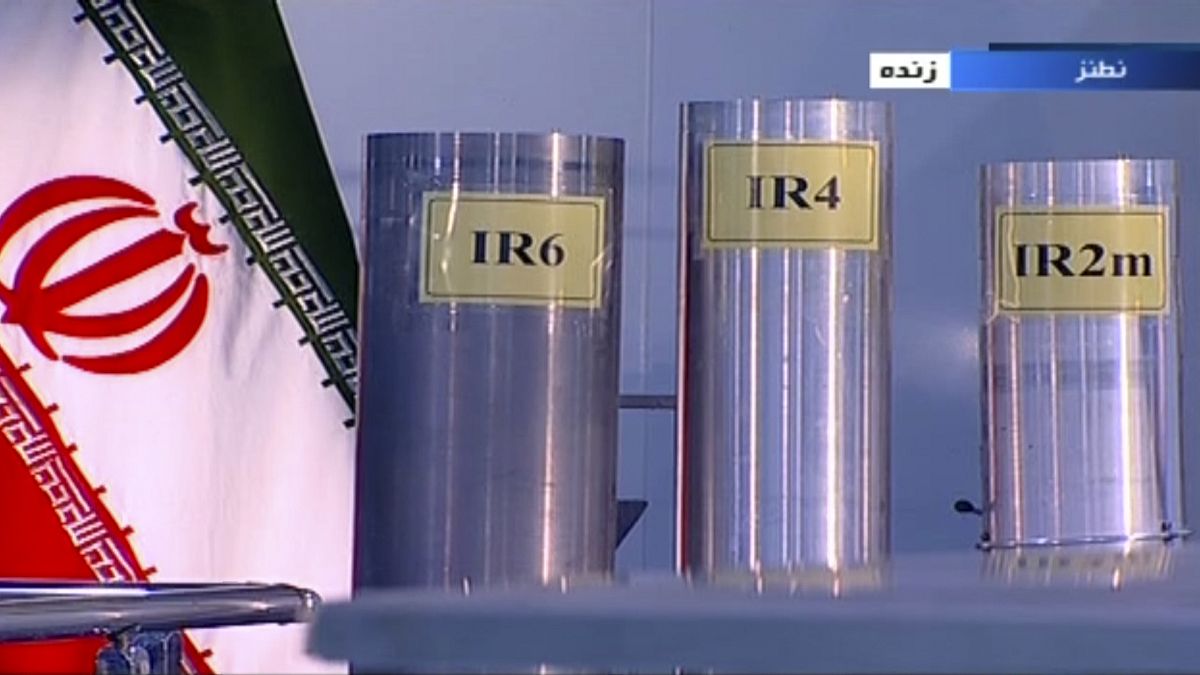Iranian plans to build three advanced centrifuges, in contravention of the Iran Nuclear Deal, are “deeply worrying” according to the governments of France, Germany and the UK.
Iranian plans to build three advanced centrifuges, in contravention of the Iran Nuclear Deal, are “deeply worrying” according to the governments of France, Germany and the UK.
Iran recently announced it intends to install three centrifuges in Natanz, the country’s main uranium enrichment site.
Its parliament also approved a bill last week to suspend UN inspections and resume enriching uranium to 20%, should European nations fail to provide relief from US sanctions.
In a joint statement, the governments of France, Germany and the UK said the plans were deeply worrying, pointing out the measures would be “incompatible” with the Iran Nuclear Deal - a deal which has been hanging in the balance since US President Donald Trump pulled out of it in 2018.
The Iran Nuclear Deal also known as the Joint Comprehensive Plan of Action (JCPoA) remains “the best, and currently the only, way to monitor and constrain Iran’s nuclear programme” the statement said.
It went on: “If Iran is serious about preserving a space for diplomacy, it must not implement these steps. Such a move would jeopardise our shared efforts to preserve the JCPoA and risks compromising the important opportunity for a return to diplomacy with the incoming US Administration. A return to the JCPoA would also be beneficial for Iran.”
What happened to the nuclear deal?
The Iran Nuclear Deal was signed in 2015 while Barack Obama was US president, and it was supposed to alleviate tensions between Iran and the West, while ensuring Iran didn’t continue enriching uranium at levels which could lead to the development of nuclear weapons.
Donald Trump, however, pulled the US out of the deal, leading to an increase in tensions in US-Iranian relations.
Iran said it would no longer adhere to the deal, days after one of its top generals, Qassem Soleimani, was assassinated in Iraq at the start of the year.
Since then, the US has reimposed crippling sanctions on the country, in defiance of the wishes of many of its European allies, which are trying to preserve the 2015 deal.
The issue is divisive at the top of Iranian politics, with Iran’s president Hassan Rouhani on Wednesday opposing the bill passed by the country’s parliament, saying it would be “harmful” to diplomatic efforts to ease sanctions.
On Monday, France, Germany and the UK added that they welcomed the statement from US president-elect Joe Biden, who has said he is in favour of returning to the nuclear deal.
